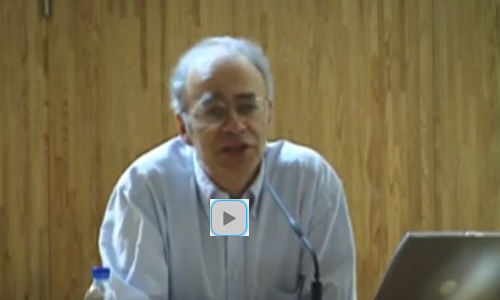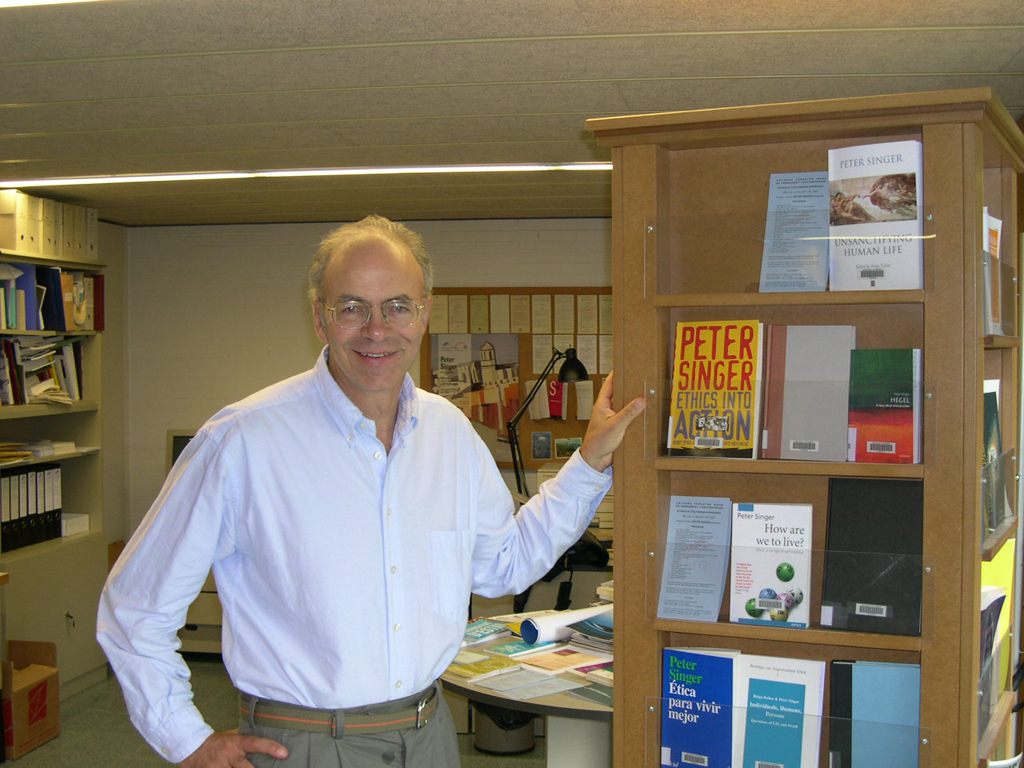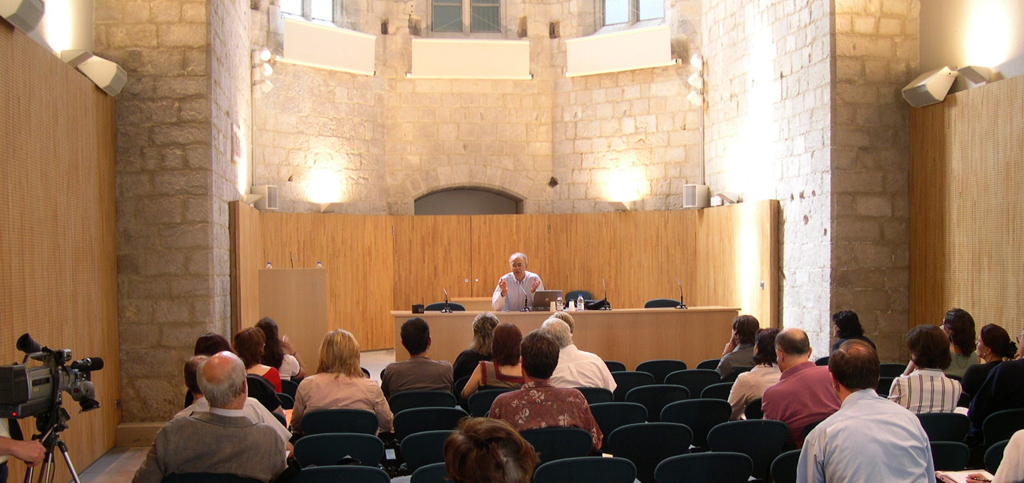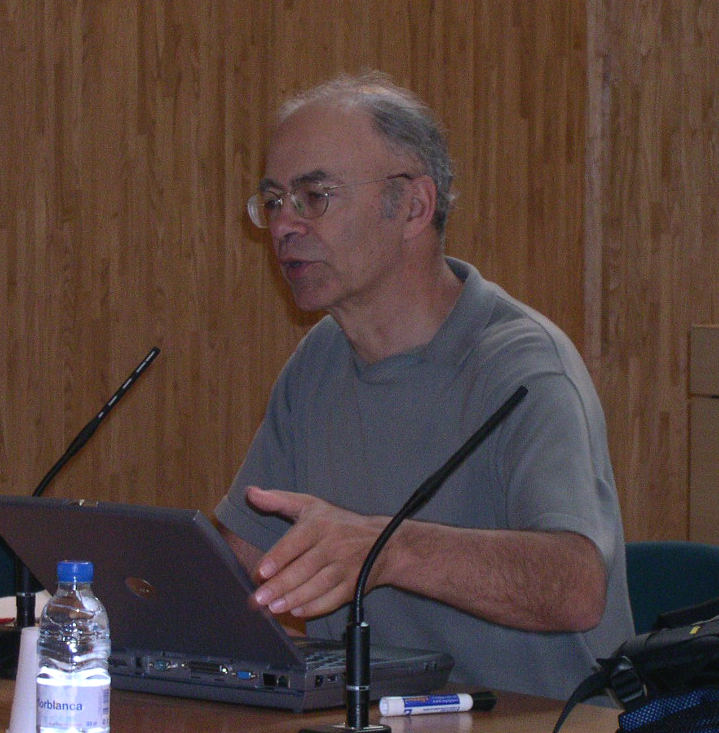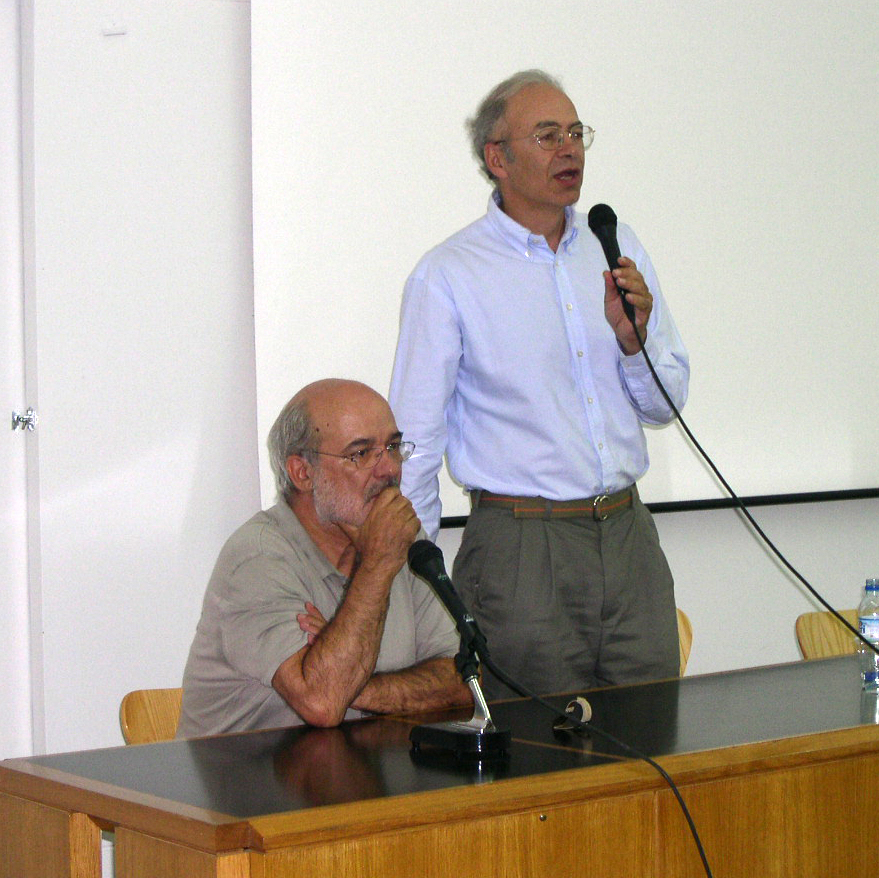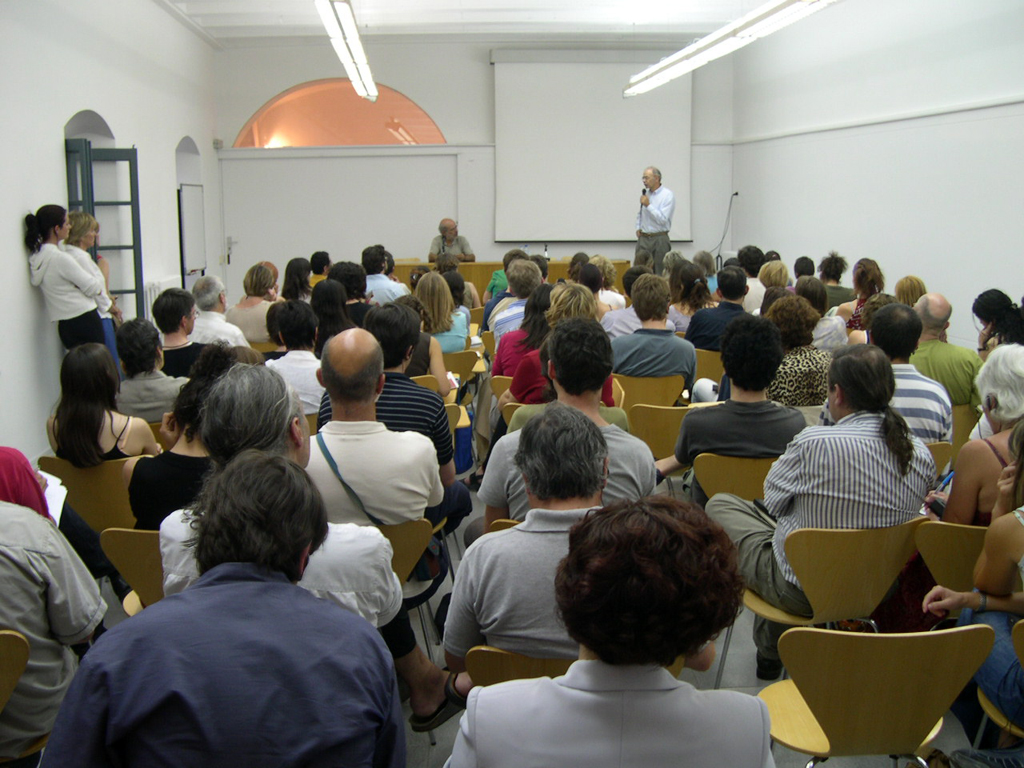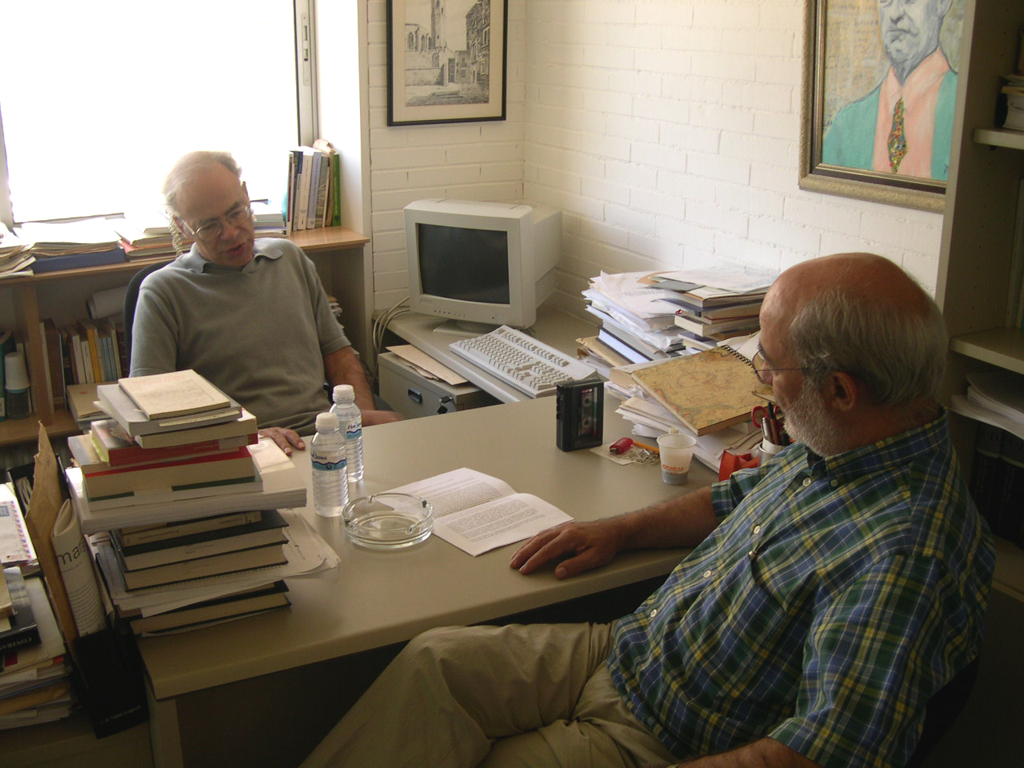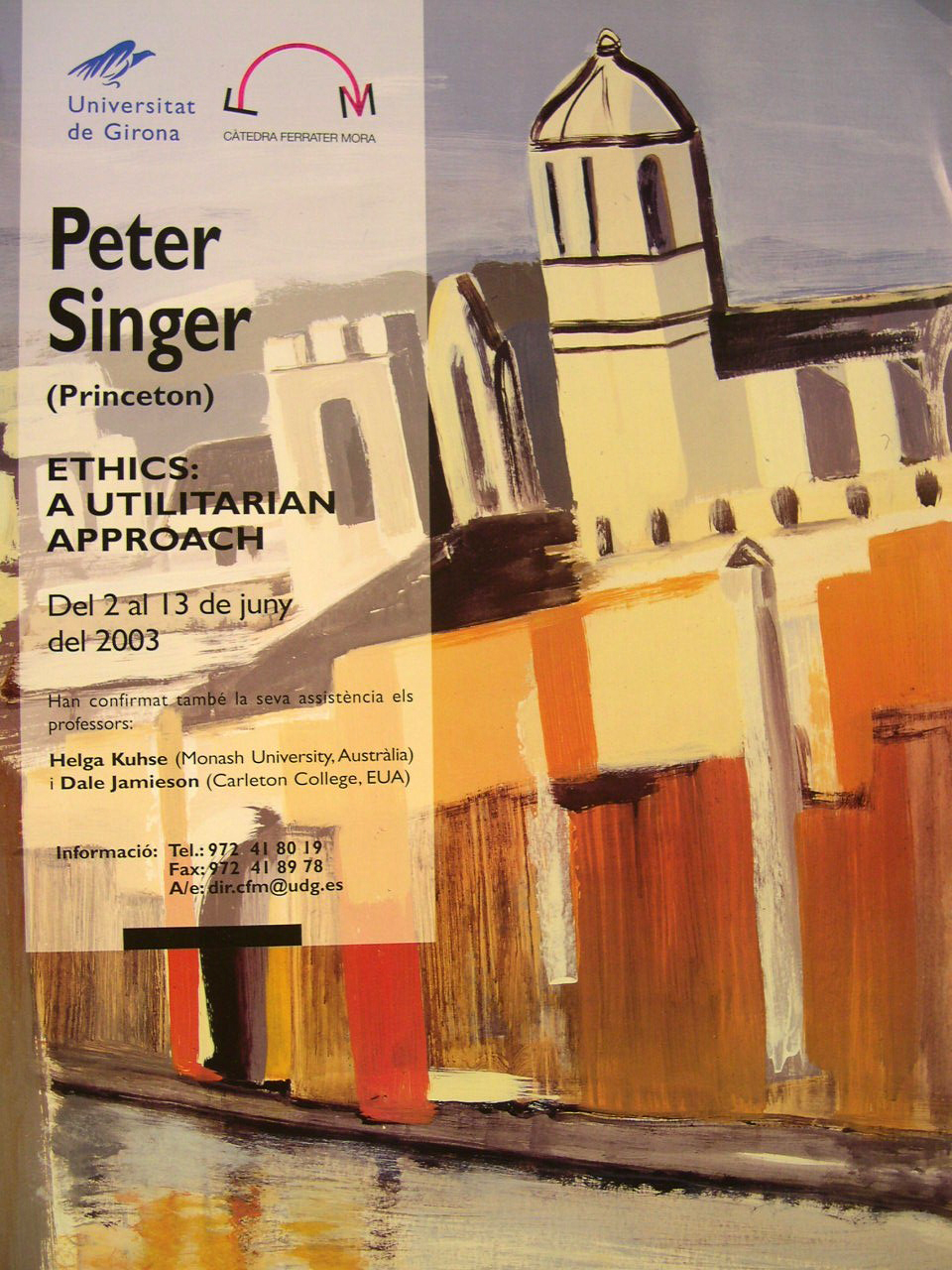
Peter Singer
Peter Singer (Melbourne , Australia, 1946). He is Ira W. DeCamp Professor of Bioethics at the University Center for Human Values, Princeton University. Singer is one of the most influential contemporary philosophers, having spent forty years reflecting -‘investigating’ as he prefers to say - on any matter of ethics likely to have a direct effect on life, a disturbing influence on politics , an enemy kneeling in submission to prejudice. His 27 essays and excerpts gathered in An ethical Life(Taurus) are a distillation of his controversial stance on the function of ethical practice, the distribution of wealth, the moral obligations of developed countries towards the Third World, research with human embryos, euthanasia, suffering, happiness and even Darwinism for lefties.
He is author of Animal Liberation, originally published in 1975 and considered as the book that started the movement for animal rights. Some of his findings, and not only regarding animals, have caused outrage: in Germany his support for active euthanasia for severely handicapped newborns generated huge controversy and was discussed for the first time in Practical Ethics, then in Should the Baby Live? (1985) with co-author Helga Kuhse and more recently in Rethinking Life and Death(1995). However, perhaps we should not expect anything other than heavy opposition to a moral that defies the ethical superiority of humans and the traditional view of the sanctity of human life that has been generally accepted up to now.
Programme
ETHICS: A UTILITARIAN APPROACH
From June 2nd to 13th, 2003
- The Nature of Ethics:
The origins of ethics and the nature of ethical judgment
Evolution and the is-ought gap
Hume and Kant, emotion or reason as the basis for ethics
Universalizability: can ethics have an objective element?
2. Normative Ethics:
From Universalizability to Preference Utilitarianism
Two Level View
Against the use of intuitions to test ethical views
3. The Expanding Circle – and its limits.
Human beings, sentient beings, living things and natural objects
4. Ethics and Animals
Speciesism
Non-speciesist ways of separating [most] humans from [most] animals
Consequences: Eating Meat, Experimentation, etc.
5. The Sanctity of Life Ethic, I
The Embryo
The Fetus
The Infant
6. The Sanctity of Life Ethic, II
Brain Death
The Persistent Vegetative State
Voluntary Euthanasia
7. The Obligation to Assist Others
8. Ethics for One World
9. The Genetics Revolution
10. Ethics and Self-Interest
Click here to download the programme in pdf.
Invited specialist
Professor Dale Jamieson (Carleton College, USA), invited by the Chair at the request of Peter Singer, also participated in the sessions. Jamieson gave the following lectures:
June 9th, 2003: The evolution of morality
June 11th, 2003: Human rights, Humanitarian Aid and Human Obligation
Others activities
Peter Singer also gave, on Tuesday, June 12, 2003 at 8 p.m., a conference open to the general public in the Centre Cultural La Mercè in Girona, under the title ETHICS: HUMANS AND ANIMALS.
Press releases
Click here to read the press summary on the occasion of the lectures given by Peter Singer at the Ferrater Mora Chair.


